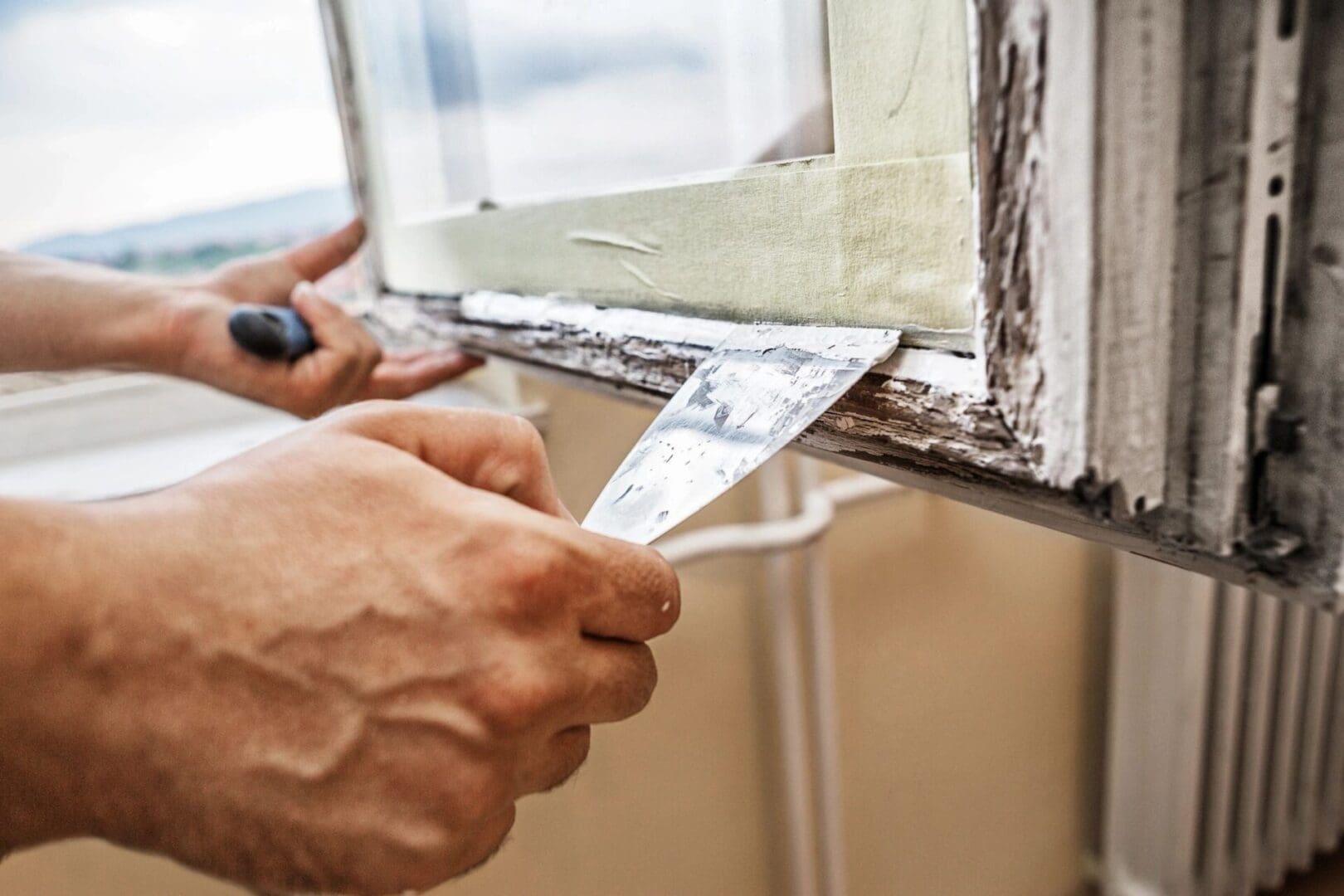Search Posts
Recent Posts
- To Do in RI: 2-day Newport Flower Show – Authors on floral design to speak June 21, 2025
- In the News… quick recap of the week’s news 6.21.25 June 21, 2025
- Providence Art Club Prestigious National Open Juried Exhibition Begins June 21, 2025
- Burn with Kearns: “30-day Shreds” Fail the 50+ Market. What To Do. – Kevin Kearns June 21, 2025
- Rhode Island Weekend Weather for June 21/22, 2025 – Jack Donnelly June 21, 2025
Categories
Subscribe!
Thanks for subscribing! Please check your email for further instructions.

Attorney General Neronha proposed revisions to lead rental registry bill
Attorney General weighs in before hearing tonight before House Finance Committee
Attorney General Peter F. Neronha issued the following statement regarding the lead rental registry as the House Finance Committee considers proposed changes to the legislation passed by the General Assembly last year.
“Last year, the General Assembly passed perhaps the most significant tenant protections that Rhode Island has seen in a generation, and certainly the most significant healthy housing legislation in at least two decades, since the passage of the Lead Hazard Mitigation Act of 2002. Why we would now undo that progress on the lead rental registry and significantly decrease its protections of children escapes me.
The full implementation of this law, as originally written, would require landlords to confirm that their residence is lead safe. Parents should be assured that when they rent an apartment in our state, the apartment complies with lead poisoning prevention laws. Without that knowledge, we simply can’t keep children safe. Only through a complete registry, as passed by the legislature, can we confidently ensure that every child is living in a lead safe environment. The proposed legislation would strip those assurances away.
The current situation, where 1,300 children in Rhode Island are lead poisoned each year in Rhode Island, when nearly 20% of Providence students test positive for lead, is simply unacceptable. We have the power to end childhood lead poisoning in our state. Other states have done it. And it can be done quickly and inexpensively. But it requires the will to do so. We need to do it now. Not next year, but now. Anything less that that should be seen as a failure.”
Lead Enforcement Action by Attorney General Neronha
Lead enforcement has been a priority for Attorney General Neronha. Since the fall of 2021, the Attorney General has filed 22 lawsuits and obtained hundreds of thousands of dollars in penalties from landlords who have failed to fully address serious lead violations in properties where children were lead poisoned. As a result of actions by the Office, more than 65 housing units have been remediated following the issuance of intent to sue letters, pre-suit negotiations, and lawsuits.
In June 2023, Attorney General Neronha, working with members of the General Assembly, developed a package of lead poisoning prevention and housing bills that were successfully passed in that legislative session. The new laws allow for enforcement of existing lead poisoning prevention laws by calling for the establishment of a statewide rental registry and an escrow account into which tenants can pay their rent when there are unaddressed lead issues in their homes, as well as allowing for families affected by childhood lead poisoning to recover up to three times their actual damages. And in January 2024, the Attorney General issued guidance to Rhode Island landlords reminding property owners of their new responsibilities following the passage of the laws.
The Office of the Attorney General wants Rhode Islanders to have the resources and tools they need to inform, educate, and advocate for themselves. To that end, the Attorney General has created a dedicated web page which aims to provide the public with information about lead poisoning, Rhode Island lead laws, lead-related litigation, and helpful external resources. This page will be updated regularly as new information and resources become available, including important updates about the rental registry, escrow account, and treble damages, as called for in the new laws.
